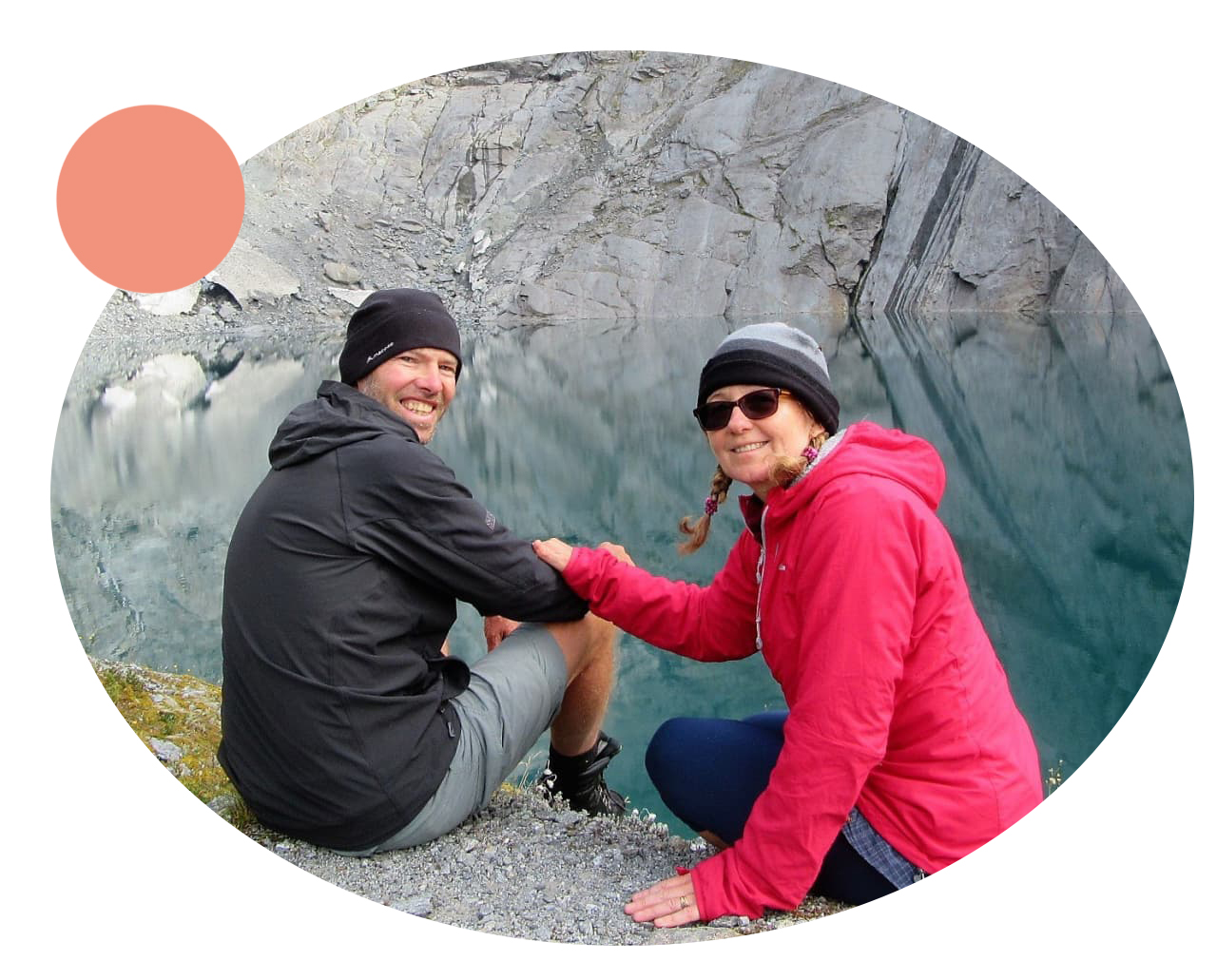World without Borders: Professors from Various Countries Speak about Education Today
January 21st, 2022

Ilana Chefetz
Of course, future development will depend on the sphere. In my area, for example, you need to be present physically in a laboratory to carry out research and experiments.
As a woman in science, I combine professional activities with personal life. I merge one with the other. For example, when I brought my youngest daughter to see a doctor in another city, I took this opportunity and met a colleague working in that city. I could bring my children with me to a business meeting or conference. Of course, as children they sometimes made noise or started playing at the wrong time. I have no doubt that there were people who judged me and considered me "unprofessional”. This is not true, none of this makes you any less professional. It is important to know this and not to pay attention to those who disagree.

Sue Ollerenshaw
Modern technology has enabled students and teachers to work digitally. During study, interactive technology helps students to work together. For example, Google Docs allows participants to comment and create a common content on the screen in real time.
In the last decade, the learning process has been focused more on group work: students work in groups to achieve a common goal or find a solution to a problem. The process now implies less memorisation and more problem-solving, that is, finding a solution to a specific problem.
I have many years’ experience in teaching at colleges and universities in China and New Zealand. I want to point out that traditional teaching methods are still popular in China, even though the application of technology has grown many times (especially during the pandemic). Students are also very different from their peers in New Zealand. They are very passive, they expect teachers to give them all the information, and do not think for themselves. In such a system teachers apply autocratic approach and are believed to be fully responsible for students’ learning. In New Zealand, students are accustomed to individual work and take on more responsibility. Students in this country are more interested in their work and generate more ideas.
I think there will be more online learning along with offline workshops in the future. Educational research shows that lectures are ineffective for learning as students remain passive. The advantage of recorded lectures is in allowing students to watch them at their own comfortable pace. I think that a flipped learning model, where materials are delivered to students digitally and then they have an offline workshop to work together with teachers, will still be applied. The content is delivered to students as recordings, while workshops are more interactive.
They will need to be able to find and implement solutions to problems. People also don't need to limit their skills to one specialisation only. Many design students, for example, do not want to work as designers but prefer working in the industry where they can be involved in one division of an organisation, but also move between different departments and change roles as needed.
I advise young people who choose a profession of their future to focus on what they are interested in most. I know many people of my age who chose a profession that they had considered to be most profitable, and found out that they did not like the job; they later retrained to do what they liked best.

Patrick Michael Whittle
The advantage of online classes is that students can access the materials at any time. The main drawback, in my opinion, is that students lose social contact with other students and their teachers. I suppose that in the future we will have a kind of "a blend” or a hybrid of traditional classroom education and online courses.
The processes that have been taking place in universities in recent years are very similar to what happened to business around the world. Work has become online, and office workers, like students, work remotely. It is difficult to predict how radical these changes will be and how long they will take place. It is noteworthy that students who started their education during the coronavirus crisis had a very different experience than students in the past. In particular, they missed many of the most important social aspects of studying in university. It is too early to say how this will affect students in the long term. In offices managers are concerned that their employees will not have an opportunity of sharing ideas and working together if they work only from home. This is probably true for students as well.
It is always very difficult to predict what impact new technology will have on the world and how soon it will happen. For example, just a few years ago, driverless cars were predicted to become a job killer in the very near future. But the technology turned out to be not as simple as expected. The development of online shopping and the growth in online purchases mean that more drivers will be needed, not less. At the same time, it seems certain that we will need more people in the service sector and healthcare.
Photographs have been provided by heroes of an article
Данный проект реализуется с помощью гранта от Посольства США в Нур-Султане, Казахстан. Мнения, выраженные в материалах, принадлежат их авторам и не обязательно отражают точку зрения Правительства США или Дипломатической Миссии США в Казахстане.

